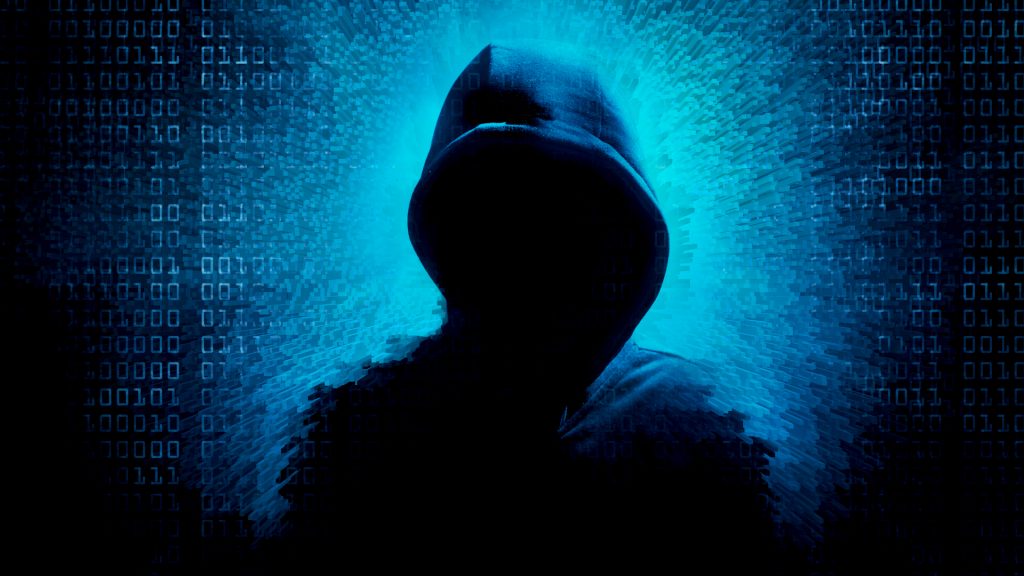Darknet links play a crucial role in fostering a decentralized and private internet experience by providing users with a platform that emphasizes anonymity, security, and resistance to censorship. Unlike the traditional surface web, which relies on centralized servers and easily traceable domain names, darknet networks operate on peer-to-peer protocols or overlay networks like Tor The Onion Router and I2P Invisible Internet Project, allowing users to access content and communicate without revealing their identities or locations. This decentralized architecture fundamentally shifts control away from centralized authorities and large corporations, giving individuals greater autonomy over their digital presence and activities. By routing traffic through multiple encrypted layers across volunteer-operated servers worldwide, darknet links conceal users’ IP addresses and encrypt data multiple times, making surveillance, tracking, and data collection exceedingly difficult. This level of privacy is particularly valuable for individuals living under oppressive regimes, whistleblowers, journalists, activists, and anyone who prioritizes confidentiality and freedom of expression online.

The darknet links support a decentralized internet by enabling websites and services to be hosted in a distributed manner without dependence on traditional domain name systems or hosting providers vulnerable to shutdowns or censorship. This resilience ensures that information remains accessible even when governments or corporations attempt to block or restrict access to specific content. Users can share files, run forums, or operate marketplaces without fear of arbitrary takedowns, thereby preserving the free flow of information and fostering an open, censorship-resistant digital ecosystem. In addition, the use of darknet links facilitates the creation of secure, private communication channels through encrypted messaging and email services that are not easily intercepted or monitored. This capability is essential for protecting sensitive conversations, maintaining professional confidentiality, and supporting secure collaboration among users worldwide. Furthermore, darknet links promote a reimagined internet experience by encouraging the development and adoption of privacy-focused technologies and services that operate independently of centralized infrastructures. This decentralization aligns with the broader movement toward Web3 and blockchain-based platforms, which seek to empower users with ownership over their data and reduce reliance on centralized intermediaries.
Through darknet access, individuals can explore decentralized applications dApps, peer-to-peer exchanges, and alternative social networks designed to enhance user control and privacy. The environment also fosters innovation by providing a testing ground for new privacy protocols and cryptographic tools without interference from regulatory bodies or commercial interests. Despite the association of darknet links with illicit activities, their core value lies in safeguarding user privacy and enhancing internet freedom, particularly in an era of mass surveillance, data breaches, and increasing internet censorship. Darknet networks demonstrate that a more decentralized and private internet is technically achievable and socially necessary. By empowering users with tools to remain anonymous, resist censorship, and reclaim control over their digital footprints, darknet links contribute to a more democratic and resilient internet infrastructure. They remind us that privacy and decentralization are not just technical features but fundamental rights crucial to maintaining an open and free digital society. As awareness and understanding of darknet benefits grow, these networks continue to inspire efforts toward building a more secure and equitable internet for all users worldwide.


